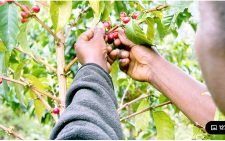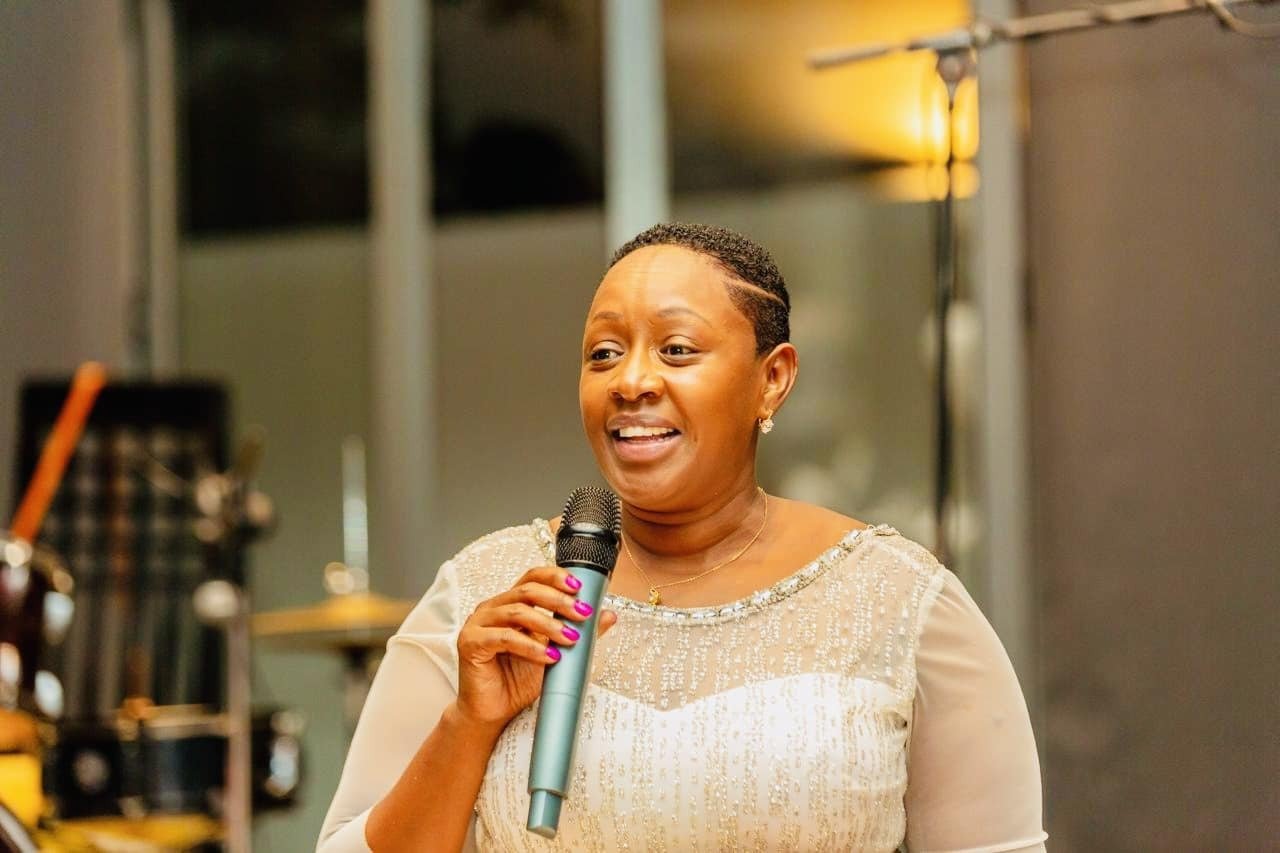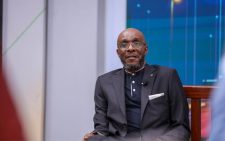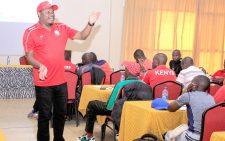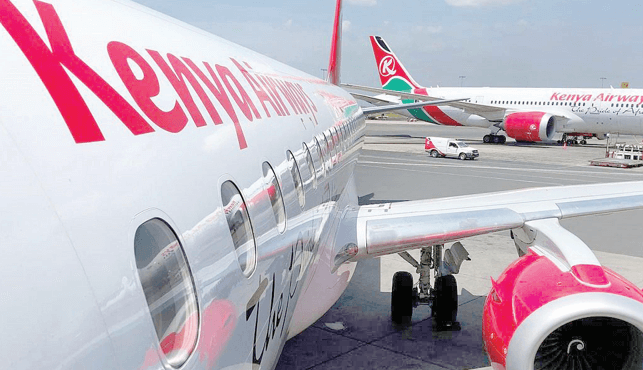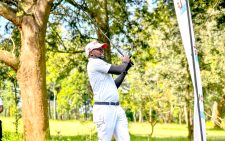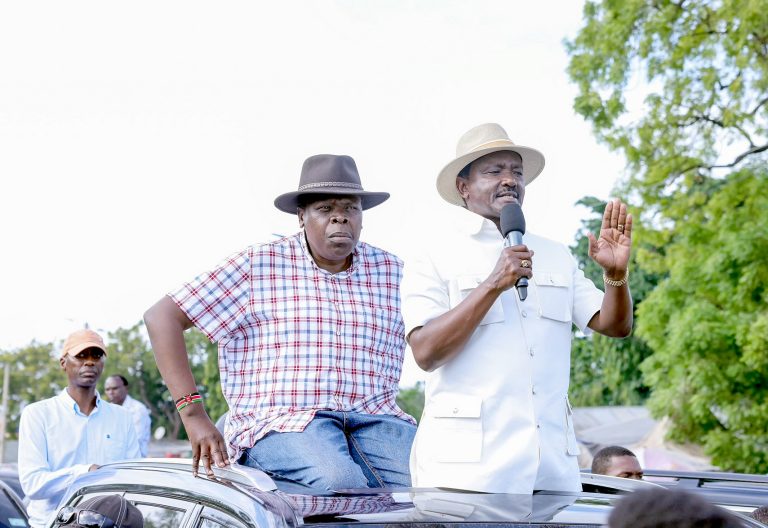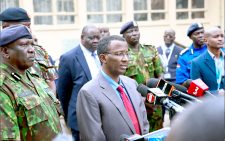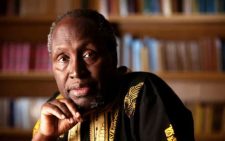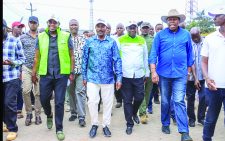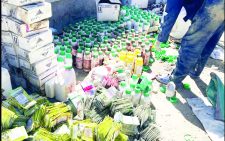Homegrown coffee barista with international ambitions
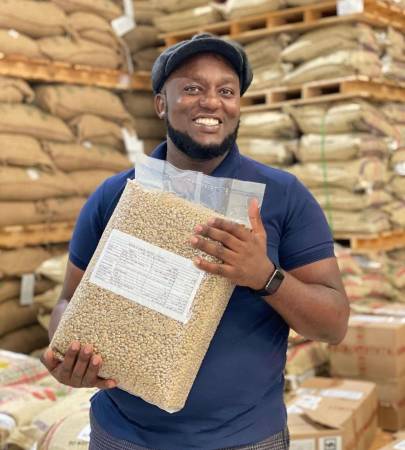
In his younger years, Samson Kibunja also known as Slick Barista used to spend time with his late grandfather on his farm every holiday season. The older man was a coffee farmer, something that inspired Samson to gain interest in coffee.
“We used to pick coffee together, cut Napier grass for the cows and milk them at his home in Gatundu Makwa area in Kiambu county. What I loved most was picking coffee cherries and feeding the cows because afterwards we would get sweet mangoes grandfather used to store in his granary,” he says.
Immediately after high school, Samson started selling smokies outside Nairobi Chapel, Ngong Road and later on joined the church. In one of the Bible study session, he met a man called Paul Dalizu who introduced him to his friend, Peter Kegode who asked Samson whether he was interested in becoming a coffee barista.
“At that time, I desperately needed something to help me make a living, so I said yes to the offer. I told him I would give 100 per cent to anything I am introduced to and he paid for my barista school for one month. That was the start of my coffee career,” Samson continues.
Greener pastures
He attended Dormans School of Coffee, and was trained by Esther Atieno, the current CEO and founder of Barista Pro Kenya. Some things he learnt included introduction to coffee from tree to cup, how to extract and brew coffee, customer service skills and how to operate a coffee bar.
He worked at small events recommended by Esther, who was both his mentor and coach at Barista Skills Foundation. He then joined Urban Coffee for a three-month unpaid internship and found a job at Java House, from where he resigned after a year to join the Nairobi Chapel internship and start his company, dubbed Slick Barista, on the side in 2015.
“I used to do small events and part-time barista trainings in coffee shops and hotels. I would also train baristas at Barista Pro Kenya on part time basis,” he says.
He also provided coffee to events such as breakfasts, graduations and office meetings for two years. But in 2018, an opportunity came knocking on his door to work in Dubai through an Instagram post a friend showed him. Business too was low and the cost of hiring machines for events was high.
Going to Dubai was the only way to change his fortunes.
This also came with other changes; he became a sales executive in Colombian green coffee.
“Currently, I’m learning about the product from the farms. I’m also doing sales since I have experience as a barista and a trainer in Kenya. I am learning more about processing and roasting, which has been my dream ever since I started my coffee journey,” he says.
Last month he started an online page, African Coffee Community, for Africans who love coffee, a space where people share their coffee experience and knowledge.
“We have lots of other communities in coffee, but Africans weren’t being represented. I slowly began to build the community and so far we have over 400 members,” he says.
To many people, coffee is loved for its ability to bring people together and for the intimate atmosphere it creates over a cup. For those working in the industry, the passion goes a notch higher. In such online communities, they share jobs and their knowledge on coffee. They also support and visit each other, something he feels is vital in promoting the coffee culture.
When it comes to coffee habits between Dubai and Nairobi, Samson feels their coffee culture is more advanced than ours
“The coffee drinking culture here is very advanced and different from everywhere in the world; that’s why the coffee business does well in this part of the world. Most people in the Middle East usually meet and spend time with friends in the afternoon till night over a cup a coffee at a time the rest of the world are cutting back on their coffee consumption as the day goes by. In the Middle East, people begin drinking coffee from morning till late at night. Most coffee shops open at 5am and closes past midnight and coffee shops are busy at night than during the day,” he explains.
The irony is that while Africa is the second largest producer of coffee in the world, many of its citizens prefer tea. However, with the younger generation, coffee has become a vital part of the societal norm, especially for those working long hours and those who take breaks at work to sustain energy the whole day. This has helped in creating a coffee culture that coffee houses are now advancing. People now meet over coffee and have dates or coffee meetings and events.
Such advancements, though small, are what make Simon one happy man. He is glad that a Kenyan barista, Martin Shabaya represented the country in the World Barista Championship and ended up in position five in the World. This was the first time an African champion made it that far.
Last month in Kenya, the second edition of Aeropress championship was held. The competition involves using the Aeropress gadget to show their skills in brewing coffee. They also give competitors coffee they don’t know, and challenge them to bring out the best out it. Judges taste the coffee blindly and pick the most even brewed or balanced cup and the winner get to represent in East Africa competition and eventually in the World championship
Sharing knowledge
“We are growing fast on coffee knowledge because lots of baristas working the Middle East come back home and share the knowledge with the others,” he notes.
Now, after seven years of being a barista and working in the United Arab Emirates for three, Samson is glad his hard work is paying off. He has been able to compete in a national competition in 2021 and took fourth position. He also judged a National Latte Art Competition dubbed, National Brewers Cup in 2019 and in 2021.
“I went to volunteer then one judge was missing. When they learnt about my experience in judging a national competition in Kenya, they gave me a chance to do that at the competition,” he adds.
“I am happy that I have been able to train over 200 staff at the Hotel Indigo Dubai Downtown (part of InterContinetal Hotels Group) on coffee brewing basics virtually. I am currently working on pursuing to get my license as an Authorized Specialty Trainer (AST) in coffee modules. With this kind of training, I will be able to train and certify baristas and share the knowledge to the world, mostly back home in Africa,” he says in conclusion.

